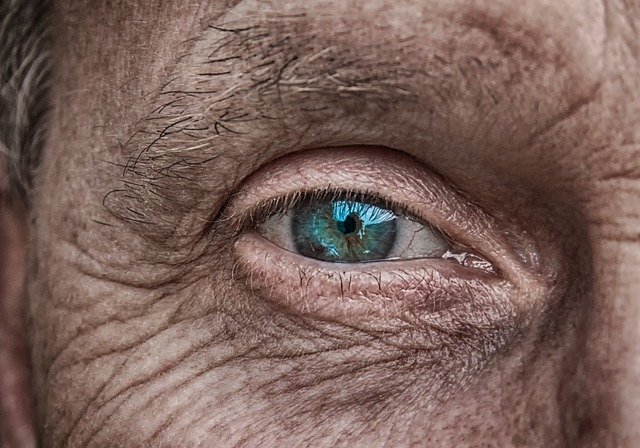
The decline of theater occurred due to the emergence of cinema and other forms of entertainment.
The word periclitāri , which can be translated as being “in danger” , came to our language as periclitar . Although it was previously used precisely to refer to the fact of being in a dangerous situation , this meaning fell into disuse, according to the Royal Spanish Academy ( RAE ).
decline or wane
Currently, the concept of periclite is used with reference to decline or wane . However, this term does not appear frequently.
For example: “Thanks to the struggle of the feminist movement, machismo begins to fade throughout society,” “This theatrical genre had its peak in the 18th century and then began to fade away,” “Sooner or later, Lionel's performance “Messi is going to perish as the years pass for everyone.”
In the first sentence we can see a positive connotation of decline, since it refers to a harmful phenomenon, machismo. In this case, its loss of strength does not occur naturally, but thanks to the presence of another, feminism, which pursues equal opportunities for all, with a special focus on demanding women's rights.
The second example presents a different decline, which took place due to the evolution of entertainment: it was not necessary for someone to plot against the theater, but rather people's interest focused on cinema, then on television and later on the Internet. Finally we see the verb periclite to refer to the inevitable deterioration of our body.
Etymology of "periclitear"
To study the etymology of this term we must return for a moment to its oldest meaning, even though it is not used today. This idea of "being at risk " or "being in danger" derives from the Latin periclitāri , mentioned above, which in its definition also offers us the following meanings: "put (someone) in danger, experiment or perform a test."
This verb has its origin in a Latin noun, periculum , from which we receive two essential terms in our language: the noun danger and the verb endanger . Regarding its meaning, it roughly corresponds to that of periclitari : "experiment, test, trial and attempt", all concepts that carry a certain degree of risk and that, therefore, make actions relatively dangerous.
The noun periculum is made up of two well-defined parts: the Indo-European root *per-5, which gives us the idea of "risk, try"; the suffix -culum, which in our language usually appears as -culo or -cro, as we can see in terms such as oracle, obstacle, tentacle, sepulchre, profit and fulcrum . Regarding the root, however, it is present in peritus ("expert, experienced", from which we obtained expertise and expert ), and experiri (verb that means "to test, experiment" and which gave us experiment , experience and expert ). .

We cannot avoid the pericyclitis of our body
Example situations
That which perishes, loses energy or strength . Take the case of a literary movement that achieves great popularity at a certain time. In that instance, the works of the authors of this current are read by many people, while the thoughts of the writers are valued in various intellectual circles. However, little by little, this movement begins to perish . Its members stop being influential and readers turn to other types of books.
A leader, on the other hand, can accumulate a lot of power until he imposes his ideas and measures without having to seek consensus or agreements. When the power of said ruler declines , the situation changes and he is no longer in the same position of privilege. Now the leader is not in a position to decide everything according to his will.
